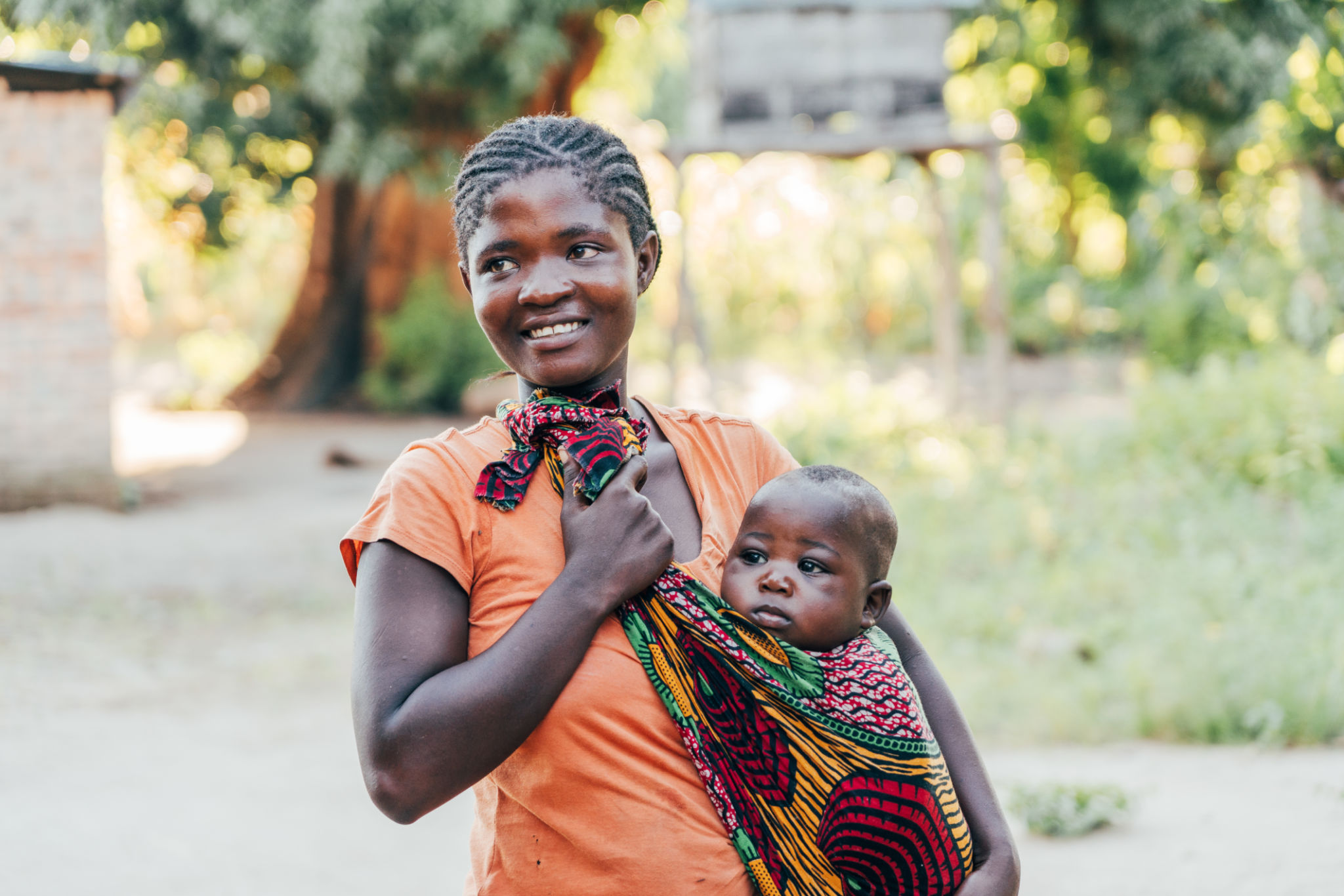Case Study: Successful Public Health Initiatives in Africa
PH
Introduction to Public Health Initiatives in Africa
Public health initiatives play a crucial role in improving the health and well-being of populations across the globe. In Africa, these initiatives have been particularly essential due to the diverse range of health challenges faced by the continent. From battling infectious diseases to improving maternal and child health, African countries have implemented innovative and successful public health strategies that serve as models for other regions.

Combating Infectious Diseases
Infectious diseases such as malaria, HIV/AIDS, and tuberculosis have long posed significant challenges in Africa. However, various public health campaigns have made substantial progress in reducing their prevalence. For instance, the Roll Back Malaria initiative has been instrumental in decreasing malaria cases through widespread distribution of insecticide-treated nets and improved access to antimalarial medications.
Moreover, the UNAIDS-led efforts have seen a remarkable reduction in new HIV infections. By focusing on education, prevention, and treatment access, these initiatives have not only lowered infection rates but also improved the quality of life for those living with HIV/AIDS.
Enhancing Maternal and Child Health
Maternal and child health has been another critical focus area for public health initiatives in Africa. Programs such as the Maternal and Child Survival Program (MCSP) have been pivotal in reducing maternal and infant mortality rates. By providing essential healthcare services, training healthcare workers, and enhancing community health systems, these programs ensure safer pregnancies and healthier children.

The introduction of mobile health technologies has further bolstered these efforts. Mobile platforms provide mothers with vital information on prenatal care, immunization schedules, and nutrition, thereby empowering them to make informed health decisions.
Improving Sanitation and Access to Clean Water
Access to clean water and proper sanitation is fundamental to public health. African nations have launched several initiatives to tackle these issues. Notably, the Water, Sanitation, and Hygiene (WASH) program has facilitated infrastructure development for clean water access and sanitation facilities in rural and urban areas.
These improvements not only reduce the incidence of waterborne diseases but also significantly enhance overall community health. Education campaigns on hygiene practices further complement these infrastructure efforts, promoting sustainable health improvements.

Fostering Community-Based Health Solutions
Community involvement is a cornerstone of successful public health initiatives. In Africa, many programs have adopted community-based approaches to ensure sustainability and cultural relevance. For example, community health workers are employed to deliver basic healthcare services and conduct health education in remote areas.
This approach not only improves access to healthcare but also builds trust between communities and healthcare providers, fostering long-term health improvements.
Conclusion
Through a combination of innovative strategies and community involvement, Africa has achieved significant successes in its public health initiatives. While challenges remain, the progress made in combating infectious diseases, enhancing maternal and child health, improving sanitation, and fostering community-based solutions offers valuable lessons for other regions around the world.
These initiatives highlight the importance of tailored solutions that consider local contexts and actively involve communities to ensure sustainable health outcomes.